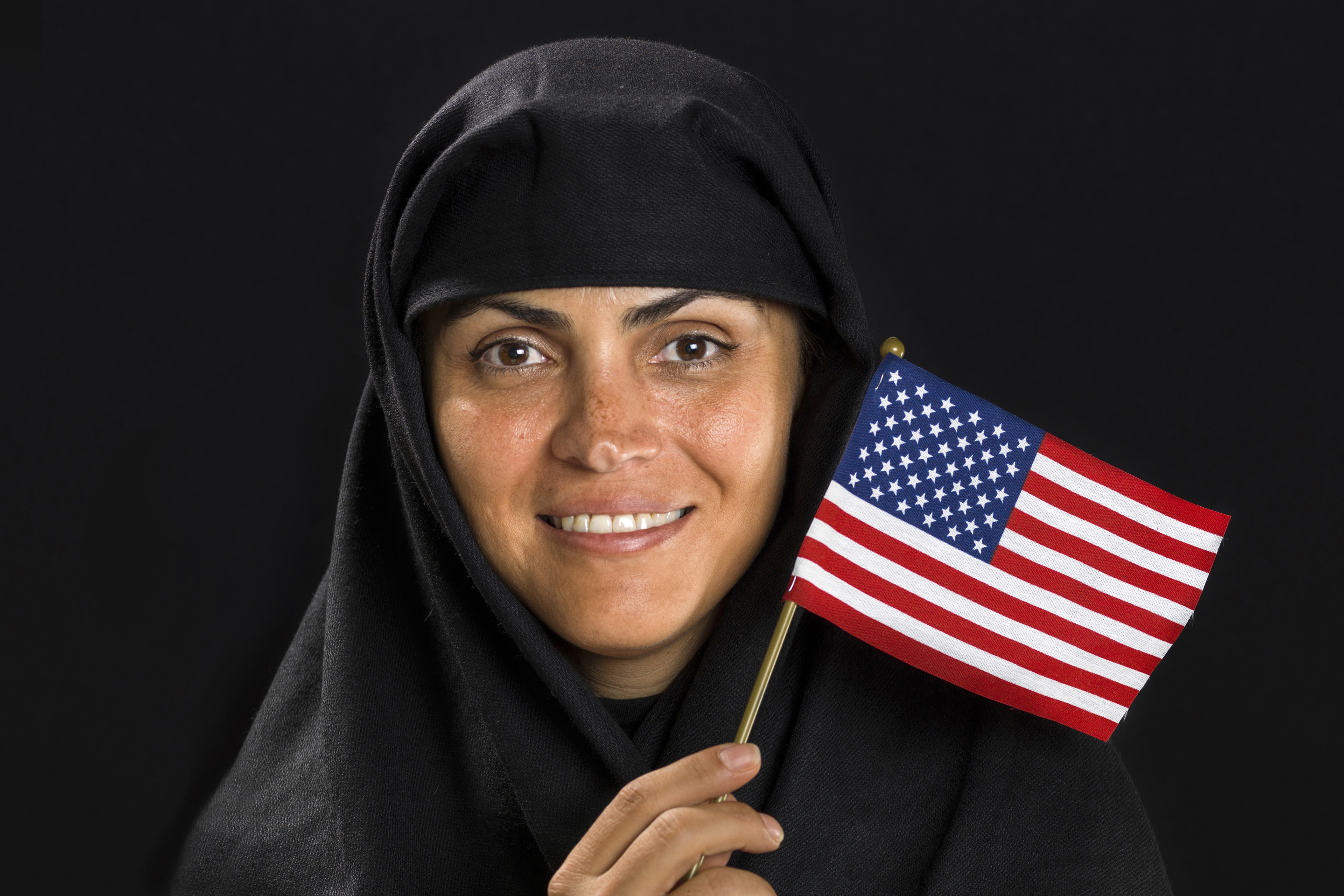In order to understand the acceptance or rejection of racial profiling as part of improved national security there needs to be closer examination of the population, says a UConn sociologist.
How a particular community identifies itself ethnically, the level of assimilation or social distance the community may have with a profiled group, and the proximity of the community to the site of a terrorist attack are all factors shaping public opinion.
Erika Loreanzana Del Villar, a doctoral candidate in sociology in UConn’s College of Liberal Arts and Sciences, says most counter terrorism studies since the Sept. 11 attacks have focused on the terrorists rather than the possible effect of public opinion about counter terrorism measures – such as racial profiling – on an individual’s civil rights.
“In surveys soon after 9/11, there was a clamor for giving up your civil rights for security, when you saw a surge of acceptance and tolerance for [racial profiling], which eventually dwindled,” Del Villar says. “Now you have the ISIS phenomenon and it’s climbing up again.”
She is now examining the role of public perceptions on the acceptability of racial profiling in the years since the 2001 terrorist attacks on New York City and Washington, D.C. Del Villar outlined her study in a presentation on Aug. 21, during the annual meeting of the American Sociological Association.
The way a community comes together and shares some values can have an impact on tolerance for racial profiling, especially in terms of how they come together to sympathize, or not, with the group that is being singled out, says Del Villar.
She notes that community indicators such as ethnic identification and affinity levels generally cannot be extracted from existing general survey data without conducting interviews or focus group sessions.
Her research will include visits to New York City and its nearby suburbs most directly affected by the Sept. 11 terrorist attacks for interviews and focus groups, in the effort to learn more about how a community views race relations.
“The issue of race relations, more often than not, gets subsumed with counter terrorism, and people are willing to give up civil liberties for it,” she says.



